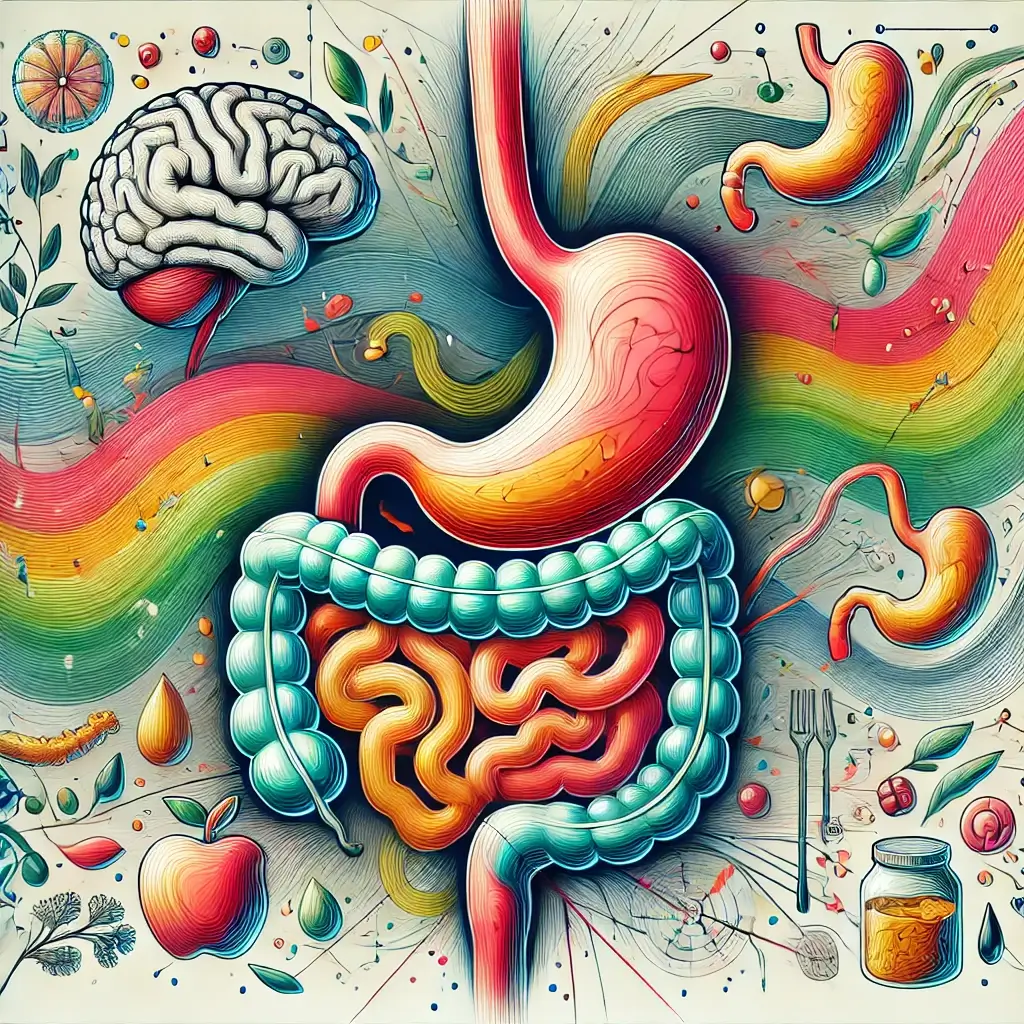Understanding the Digestive System’s Role
The digestive system is one of the most essential components of human health, yet it is often underestimated. Composed of a series of organs working in harmony, this system is responsible for breaking down food, absorbing nutrients, and eliminating waste. When functioning optimally, the digestive system fuels the body, supports immune health, and even contributes to emotional well-being. However, a compromised digestive system can lead to discomfort, nutritional deficiencies, and chronic illnesses.
The Gut-Brain Connection
Recent advancements in medical science have emphasized the gut’s role as a second brain, given its extensive influence on the central nervous system, metabolism, and immune regulation. The gut-brain axis, a bidirectional communication pathway, links the digestive system to mood, cognitive function, and even sleep. Furthermore, the gut microbiome—trillions of microorganisms inhabiting the digestive tract—plays a pivotal role in maintaining equilibrium within this intricate system.
Proactive Digestive Health
By understanding the signs of a healthy digestive system, individuals can take proactive steps to identify potential problems early and adopt habits that promote long-term digestive wellness. This article delves into the hallmarks of a thriving gut and explores the science behind maintaining digestive health.
Key Signs of Digestive Health
Recognizing a healthy digestive system involves evaluating specific markers. Scientific research provides valuable insights into these signs and their relevance to overall health:
Understanding Bowel Regularity
Regular bowel movements are fundamental to digestive health. According to the Digestive Diseases and Sciences journal, a frequency of three times per day to three times per week is considered normal. More importantly, regularity should reflect personal consistency; significant deviations may indicate dietary imbalances, stress, or underlying conditions. Listening to your body’s rhythm is key to maintaining optimal gut function.
Stool Quality Indicators
Stool quality offers a direct window into digestive health. The Bristol Stool Scale, developed as a visual tool to categorize stool form, identifies Types 3 (banana-shaped) and 4 (smooth, sausage-shaped) as ideal. Research published in Diseases of the Colon & Rectum suggests these forms indicate efficient digestion and gut transit time. Conversely, excessively loose stools or hard pellets may signal dietary inadequacies or gastrointestinal dysfunctions.
Gas and Bloating Patterns
While occasional bloating or gas is normal, persistent discomfort often points to an imbalance in the gut microbiome. A 2017 study in the journal Nutrients highlights the role of probiotics and dietary fiber in regulating fermentation processes that produce gas. Foods like legumes, cruciferous vegetables, and carbonated drinks may contribute to temporary bloating but should not cause chronic symptoms.
Nutrient Absorption Efficiency
Nutrient absorption is vital for energy production and cellular repair. The gut lining plays a central role in this process. Research from Clinical Gastroenterology and Hepatology underscores that conditions like leaky gut syndrome, characterized by increased intestinal permeability, can hinder nutrient absorption. This dysfunction may manifest as fatigue, brittle nails, or slow healing, emphasizing the importance of maintaining a healthy gut barrier.
Energy Level Management
A well-functioning digestive system ensures steady energy throughout the day. A study in Gut linked gut microbiota diversity to metabolic efficiency and reduced fatigue. An imbalance in the gut can lead to energy crashes or difficulty sustaining physical activity. Prioritizing whole foods and avoiding processed sugars can help support consistent energy release.
Mental and Emotional Balance
The connection between the gut and mental health is well-documented. The gut-brain axis facilitates communication between gut microbiota and the nervous system, influencing mood, cognition, and stress response. Research published in Nature Reviews Gastroenterology & Hepatology indicates that individuals with a balanced gut microbiome often report better emotional stability, reduced anxiety, and improved sleep patterns.
Maintaining Digestive Health
Maintaining digestive health involves adopting a proactive approach:
Dietary Choices: Incorporate fiber-rich foods like fruits, vegetables, and whole grains. Fermented foods, such as yogurt, kimchi, and kefir, provide probiotics that promote gut balance.
Hydration: Drinking sufficient water aids in digestion and prevents constipation.
Exercise: Regular physical activity promotes gut motility and reduces the risk of bloating or sluggish digestion.
Stress Management: Practices like mindfulness, yoga, and meditation help regulate the gut-brain axis and reduce stress-induced digestive issues.
Final Thoughts on Digestive Health
The digestive system is the foundation of overall health, influencing everything from physical energy to mental clarity. Recognizing the signs of a healthy digestive system—such as bowel regularity, optimal stool consistency, minimal bloating, effective nutrient absorption, and overall well-being—empowers individuals to take control of their gut health.
By incorporating balanced nutrition, staying hydrated, managing stress, and engaging in regular exercise, you can support a thriving digestive system and enhance your quality of life. Persistent digestive issues should always be addressed with a healthcare professional to identify underlying causes and ensure early intervention.
